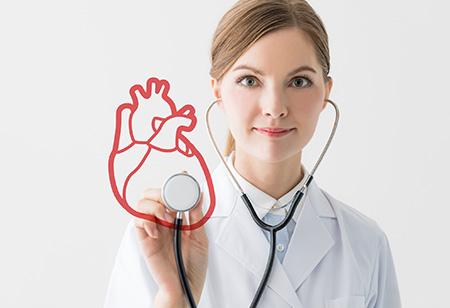HEART ATTACK
- Chest pain
- Shortness of breath
- Pain that spreads to the shoulders, jaw, back or arms
- Nausea
If you experience any of these, please call 911 immediately.
We've all seen it in the movies. The actor suddenly clutches his chest before falling over dead. Instantly, we know he has had a heart attack.
But the truth is that most heart attacks start slowly with mild pain or discomfort rather than being sudden and intense, according to the American Heart Association.
The movies have one thing right, however—chest pain or discomfort can be a sign of a heart attack. It may be a steady pain. On the other hand, it may go away and come back.
"Most people complain of a pressure or a tightness, a squeezing or band-like constriction during a heart attack. It is usually, but not always, in the mid-chest and often is described as indigestion in the chest," says Maulik Shah, MD, an independent member of the HonorHealth Medical Staff and director of HonorHealth Heart Care.
